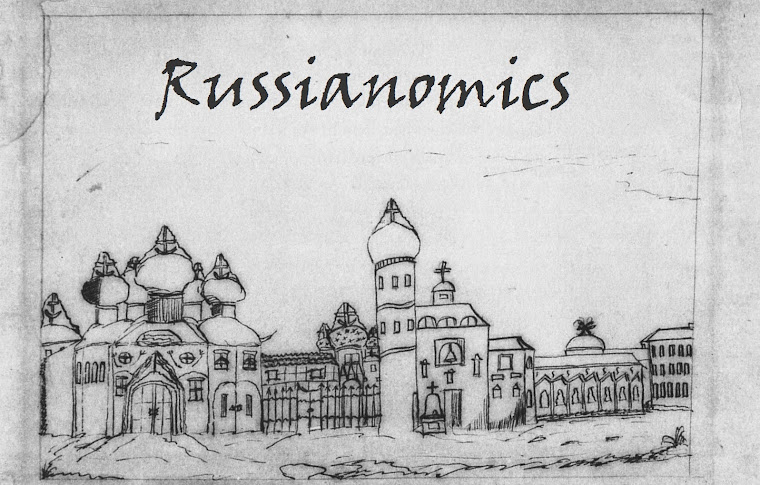Maybe the most stunning (and worrying) development in Russia is the forecast for the number of women in the "childbearing age". In Russia, the mean age of mothers at the birth of their first child was 24.6 years in 2009 (it is slowly increasing). This means that the majority of children are born when their mothers are in the 25-29 year age cohort. In the next ten years, the number of Russian women in this age cohort will fall - by half!
Source: World Population Prospects 2015
One reason for this sharp decline is the peculiar shape of the Russian age pyramid (at the conference it was referred to as the "Christmas tree" by Ekaterina Schulmann). The background is, on the one hand, the echo of the second world war: The grandchildren of the wartime parents are in the childbearing age today. This effect is, on the other hand, exacerbated by the lower birth rates in the 1990s which were due to the economic and social turmoil in the first years after the perestroika. The good news is that there will be a moderate recovery after 2025.
Of course, this trend also applies to the male population. In total, the drastic fluctuations lead to enormous challenges for the labour market and the pensions system. Currently, the ratio of Russians entering retirement age to Russians entering working age is 2:1. The workforce will shrink by about 8 million in the next 15 years. The consequences are also felt in the education system: Kindergartens, schools, and universities have to deal with the number of pupils and students doubling and halving again in a matter of a few years.
Does the Russian government have the resources, both economically and politically, to deal with the upcoming changes? At the moment it does not look that way, as the Kremlin is dodging pressing but unpopular reforms while prioritising foreign policy. This is why demographic change in Russia is a little bit more worrying than in other countries (such as Germany) where similar trends can be observed.



Keine Kommentare:
Kommentar veröffentlichen